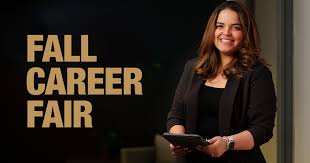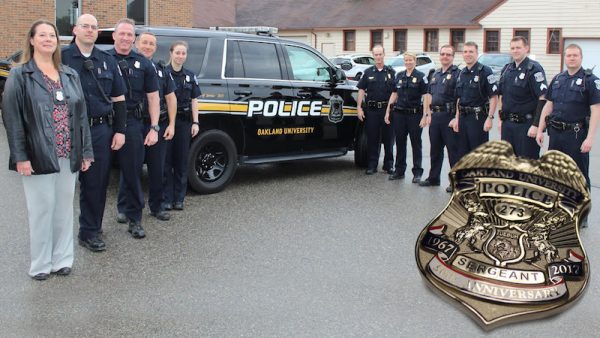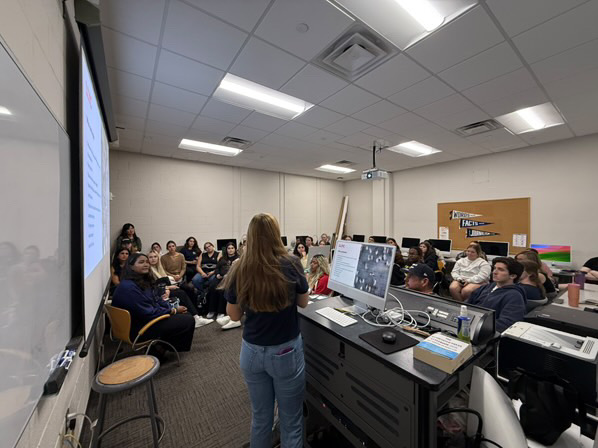Dr. Crystal Laura speaks on dismantling school-to-prision pipeline
The School of Education and Human Services (SEHS) held the “Dismantling the School-to-Prison Pipeline: A Virtual Conversation with Dr. Crystal Laura” on Monday, Nov. 4 in order to educate the OU community. The SEHS Committee for Diversity, Equity and Inclusion held the event as part of their ongoing “Myth of Living in a Post-Racial Society” series.
Before the virtual conversation with Laura began, Daniel Ligocki, assistant professor of the Department of Teacher Development and Educational Studies and chair of the SEHS Committee, began by thanking others on the committee and describing its mission statement before introducing the speaker of the event, Dr. Crystal Laura.
“[Laura’s] experiences and insights will help us navigate this difficult, but very necessary conversation,” Ligocki said.
Dean Jon Margerum-Leys of SEHS was up next for opening remarks, stating he “believed in [the committee’s] mission” and stressed its importance.
“When I think about the school-to-prison pipeline, I think about this intention we have and what actually happens,” Margerum-Leys said. “I think about that gap and how it’s part of why we’re here tonight.”
Although students and faculty of all majors were welcomed, the majority of the crowd were those from SEHS. Laura, a professional education leader and author, mentioned that, while faculty may learn new things to incorporate into classrooms, doctoral students may take the most from the talk.
“It’s really the folks on the ground, in the PK-12 classrooms, who have the capacity to really intervene in the school-to-prison pipeline in a meaningful way,” Laura said.
The school-to-prison pipeline is more than an abstract concept for Laura, but a personal one as well. Her brother, along with 2.3 million other people in the United States, is currently incarcerated, reflected upon in her bestselling book “Being Bad: My Baby Brother and the School-to-Prison Pipeline.”
“[Equity work] is grounded in the lives of real human beings,” Laura said.
Laura stressed the importance of being honest about the gaps in one’s knowledge base, specifically when its comes to faculty who teach and students who plan to.
“No shame — specifically to the elementary education people in the room — if the vast majority of what I’m gonna introduce to you tonight feels relatively new,” Laura said. “The shame would be, I think, if you don’t take note of that.”
The school-to-prison pipeline is a metaphor for a very real experience, according to Laura.
The pipeline is not abstract, but as real as young people moving from elementary school to high school, high school to college and from college to gainful employment, according to Laura. For some young people, there is a direct track that leads from school to jail, oftentimes there are “pit-stops” including job corps or the streets.
“Ultimately, these young people, particularly young people of color, particularly young people of color with other kinds of vulnerabilities, get caught up in this trajectory,” Laura said.
She further explained her research and findings on the prison-to-school pipeline as not only an author, but an educator herself. Laura intended to expand the audience’s knowledge base and inspire those in the education field — or those just entering it — to teach through a critical lens and take action on a very real, current problem for students in the U.S.
“The most susceptible [kids] to be caught up in the pipeline are often those who needed the most from [teachers] and somehow got the least,” Laura said in regard to what it means to serve as an educator.





